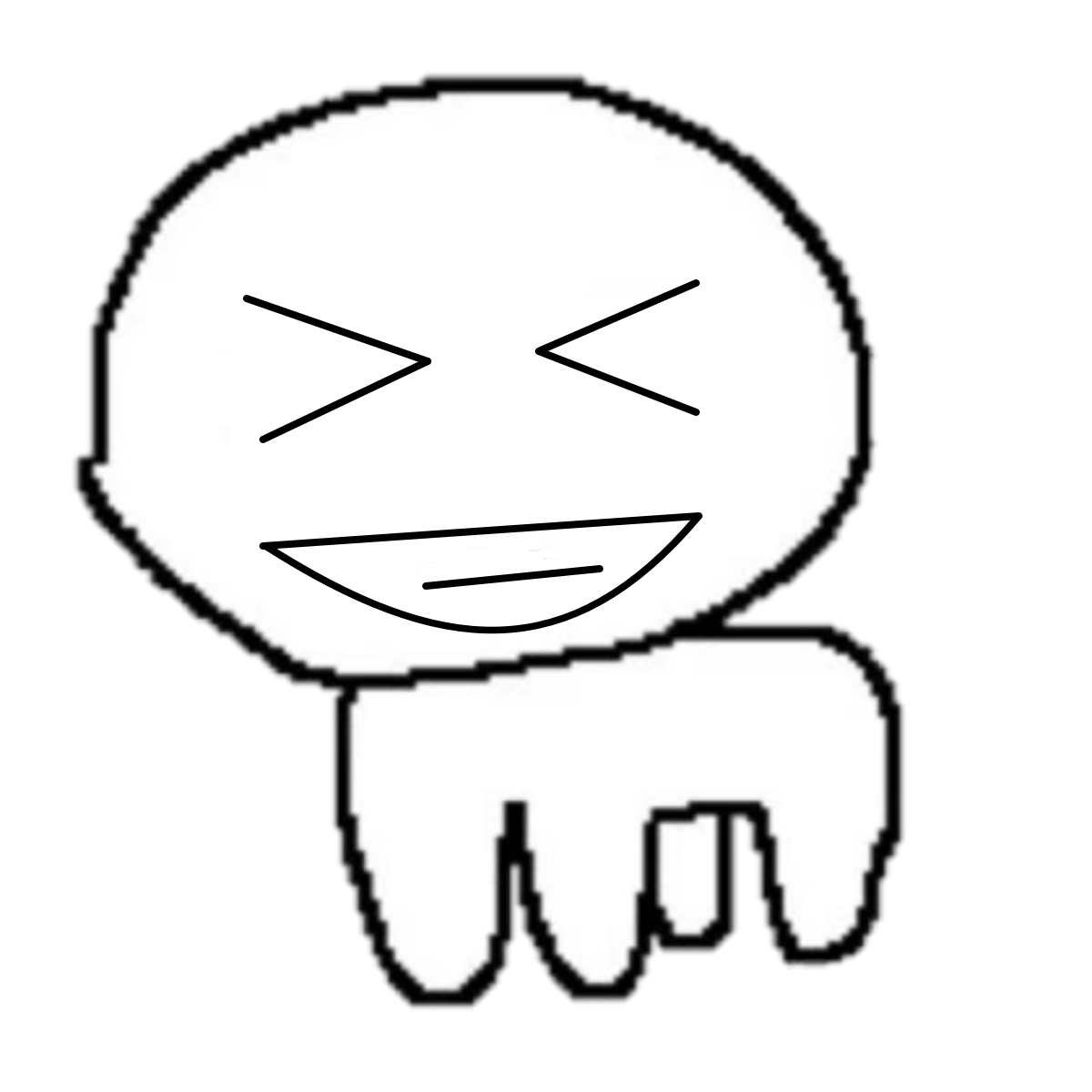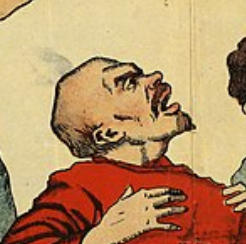High masking autist only discovered late in life here. Fun fact, because it’s probably not the stereotypical way this plays out: For most of my life (in my 30s now, on a waiting list for an official diagnosis after my nephew was diagnosed and I did better research), I masked by roleplaying as an “eccentric genius”, pieced together from observing what I noticed in others and how they are portrayed in stories and biographies. My special interest has always been philosophy, history and politics (and secondarily also video games, although not as much), so creating a mask of being someone really cultured and intelligent was relatively easy in my case.
That worked relatively well in school for me, actually. I managed to be sick or flunk out every 3rd day, never did homework, both heavily helping with overstimulation and risk of burnout. And my teachers were split along one half having given up on me (avoiding judgement and conflict) and the other projecting their own dreams of how an “eccentric, intelligent, troubled child/teenager” should look, supporting me. So I managed to get by.
Social events I started to participate in a lot in my teenage years … by starting to drink at 13, which was this wondrous thing that suddenly made it all bearable and numbed to a degree - and no one judged you when you were drunk out of your mind and hung out with other drunk kids, mostly punks, metalheads, nerds and other outcasts in my case. I actually still found it exhausting, I had a reputation for leaving parties halfway through to take a walk, have a meltdown intensified by alcohol poisoning somewhere far away (no one knew about those), and then coming back. I also took so much pride in myself for doing things that were hard (and ultimately damaging to myself). I remember as a teenager, I was so proud when I learned how to properly look into people’s eyes and faces, even though it was exhausting to do so.
Unfortunately, after school, that identity collapsed completely, turns out, the “real world” has a lot more responsibilities and a lot more judgement, leading to an ever intesifying cycle of trying to “get my shit together”, failing and then hating myself more and more. I am so glad that ever since I realised I’ve actually been autistic, for the first time I am able to recontextualise my past and properly address my issues, by managing my resources and expectations, instead of trying to push myself to be something I never was and cannot be.
Wowwww, I can relate to this a lot. Thank you so much for sharing.
And my teachers were split along one half having given up on me (avoiding judgement and conflict) and the other projecting their own dreams of how an “eccentric, intelligent, troubled child/teenager” should look, supporting me.
It’s possible a few of them were aware you were autistic. I found out in mid-life. When I did my assessment, the psychologist helped me realize that my parents definitely knew and I was under some sort of individualize plan for autistic kids throughout public school. Another thing is that I always thought I looked weird on video, but wouldn’t think much of it since many people say they don’t like to see themselves on video. After my adult diagnosis, I started looking at videos of level 1 autistic people and then videos of me. I realized it’s super evident that I’m autistic. If someone has experience with level one autistic people, they can probably spot it within minutes. Teachers have lots of experience with kids. They can see a lot more than we realize.
Good luck at your assessment!



